Denim, renowned for its durability, is a material that stands the test of time, making it a prime choice for clothing intended for laborious jobs. Its robustness is attributed to a high thread count and a twill weave pattern, which not only contributes to its longevity but also helps the fabric maintain its shape over time.
The care for denim is notably low maintenance. Its twill weave is designed to conceal stains, allowing for spot cleaning as a quick fix for any dirt acquired during wear. This characteristic, coupled with the material's ability to be worn multiple times before necessitating a wash, makes it a practical option for various settings.
Another benefit of denim is its wrinkle-resistant nature, a result of the weaving process and the thickness of the cotton used. This feature ensures that garments remain presentable without the need for ironing, offering a sleek and sophisticated appearance that is ideal for work uniforms.
Denim's versatility extends to its styling options. It can be effortlessly paired with other textiles, enabling a range of fashion choices from casual to more formal attire. Additionally, denim's adaptability to different seasons, available in various thicknesses and designs, makes it suitable for year-round wear.
An often-overlooked advantage of denim is its potential for recycling. At the end of its lifecycle, denim can be repurposed, thus contributing to a more sustainable fashion industry. This circular process prevents the material from becoming waste, aligning with eco-friendly practices.




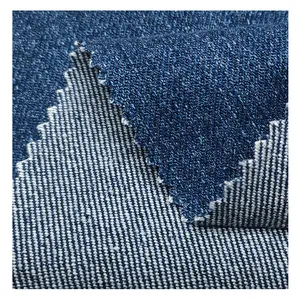

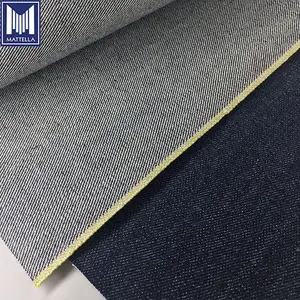
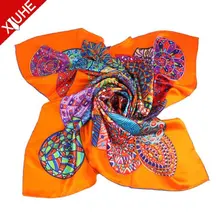




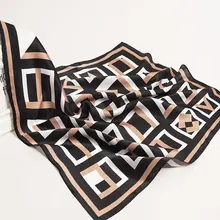








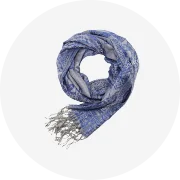


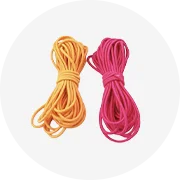




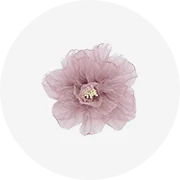



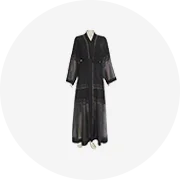

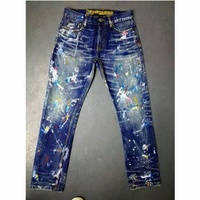
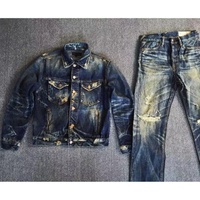








 浙公网安备 33010002000092号
浙公网安备 33010002000092号 浙B2-20120091-4
浙B2-20120091-4